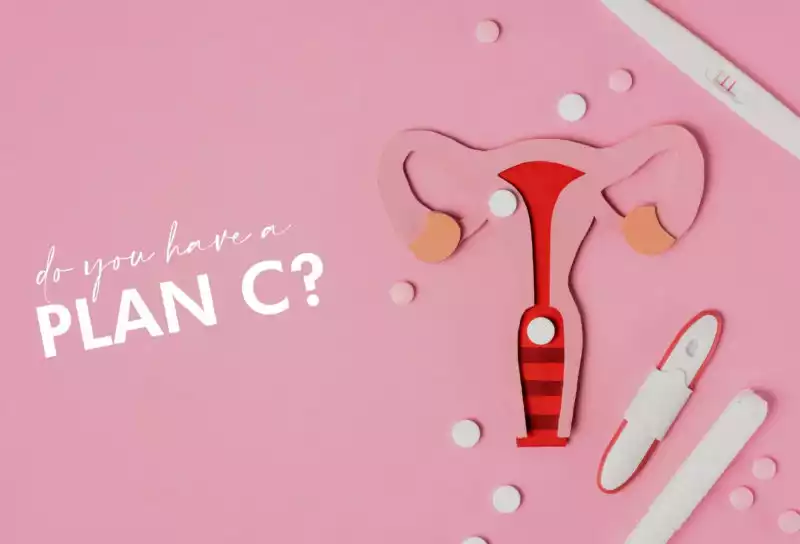Emergency Сontraception
Emergency contraception, also known as the “morning-after pill”, is a method of contraception used to prevent pregnancy after unprotected intercourse or contraceptive failure. It is not intended to be used as a regular form of contraception but rather as an emergency backup option. Emergency contraception can be a reliable and effective means of preventing unwanted pregnancies if taken within the prescribed timeframe.
There are different types of emergency contraception, including hormonal methods and copper intrauterine devices (IUDs).
1. Hormonal emergency contraception :
This type of emergency contraception contains synthetic hormones, such as levonorgestrel or ulipristal acetate, which prevent pregnancy. Levonorgestrel emergency contraception is available over the counter without a prescription, while ulipristal acetate requires a prescription.
These hormonal methods work by inhibiting or delaying ovulation, preventing egg fertilization, or modifying the lining of the uterus to prevent implantation if fertilization has taken place.
It is important to note that hormonal emergency contraception is most effective when taken as soon as possible after unprotected sexual intercourse. Levonorgestrel emergency contraception is usually taken in a single dose but can be taken in two doses 12 hours apart. Ulipristal acetate is often taken in a single dose. It is essential to read the instructions supplied with the drug and follow them carefully.
2. Copper intrauterine devices (IUD’s):
The copper coil is another highly effective form of emergency contraception. It can be inserted into the uterus up to five days after unprotected intercourse or contraceptive failure. The copper IUD creates a hostile environment for spermatozoa, preventing fertilization and modifying the lining of the uterus to prevent implantation if fertilization has taken place. This method requires a visit to a healthcare provider for insertion.
It is significant to note that emergency contraception does not protect against sexually transmitted infections (STIs). If there is a risk of STIs, it is advisable to get tested and use barrier methods, such as condoms, to protect against infection.
Emergency contraception is generally safe and well-tolerated, but it can have side effects. These may include nausea, vomiting, fatigue, breast tenderness, changes in menstrual bleeding, or abdominal pain. These side effects are usually temporary and disappear on their own.
It’s important to remember that emergency contraception is not 100% effective in preventing pregnancy. Its effectiveness depends on factors such as the time of use, the person’s menstrual cycle, and other personal circumstances. Furthermore, it does not replace the usual contraceptive methods and should only be used in an emergency.
It is recommended to consult a healthcare professional to discuss the most appropriate form of emergency contraception based on individual circumstances and medical history. In addition, discussing regular contraception options with a healthcare professional can help prevent cases where emergency contraception may be required in the future.
Remember, if you have any concerns or questions about emergency contraception or your sexual health, consult a healthcare professional who can give you personalized advice based on your unique situation.

 Français
Français Deutsch
Deutsch Español
Español Русский
Русский
